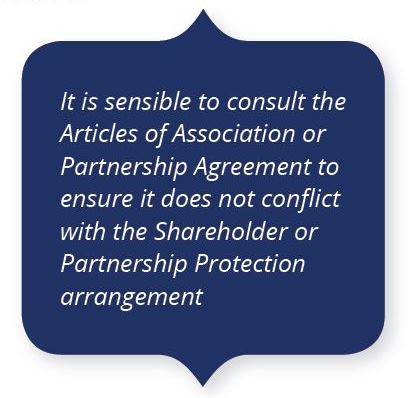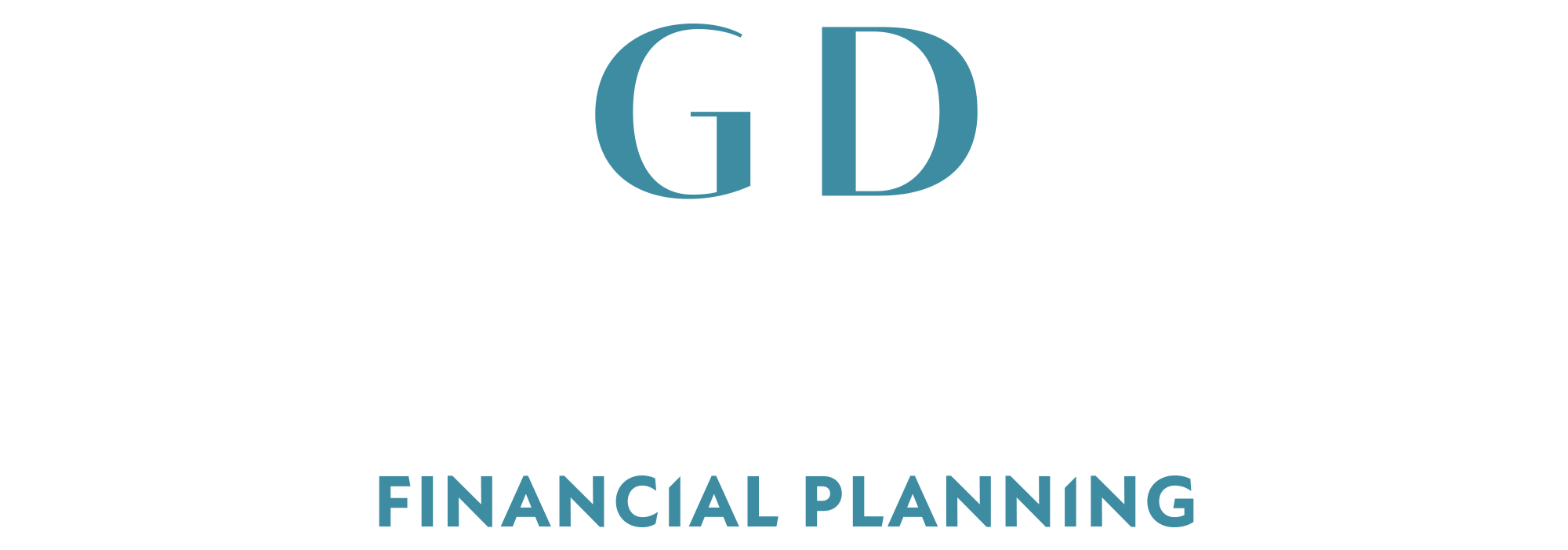Blog
Guide to Shareholder (or Partnership) Protection
 This second post in our series on Business Protection (you can read the introduction here) focusses on Shareholder, or Partnership Protection.
This second post in our series on Business Protection (you can read the introduction here) focusses on Shareholder, or Partnership Protection.
This aspect of Business Protection, at a glance:
| What is it? | Who is covered? | Who benefits? |
| A policy bought by businesses to provide funds to help purchase shares, if an owner / shareholder dies or suffers a critical illness. | The business owners / partners / directors. | Policy proceeds are paid to the remaining owners so that they can buy the shares from the deceased’s estate, thus retaining control of the business. |
When an owner or partner in a business dies, their share of the business often passes to their beneficiary. This could mean that control of the business passes to someone who has no experience of, or interest in, running the business; or who may have conflicting ideas on the firm’s strategy.
Alternatively, the beneficiary may wish to sell their stake, but the remaining owners struggle to raise funds to buy back the shareholding.
To mitigate these possibilities, Shareholder (or Partnership) Protection allows the remaining owners to buy back the shares, giving the deceased’s family a cash sum and ensuring that the surviving business owners retain control of the company.
There are two parts to this arrangement:
- A life assurance policy designed to pay out on the death of one of the owners
- A legal agreement setting out how the shares are to be repurchased based on an agreed valuation method.
How it works
Each owner takes out a life assurance policy equal to the value of their share in the business.
These policies are written in trust from the outset, for the benefit of the other business owners (or partners, if it is a partnership). Critical illness cover can also be included.
Each individual pays the premiums on their own policy; the cost will vary between owners, depending on their age, health and other factors. If any of the owners die, their assurance policy will pay out, providing sufficient funds for the other owners to buy the remaining shares of the business.
The owners will also sign a Share Purchase Agreement, detailing how the shares of the business can be bought and sold. This legal document is used to ensure that the cash proceeds of the assurance policy are used to purchase the shares and that the inheritors of the shares will sell them if asked to.
Premium Equalisation
Where a significant difference in costs and benefits exists, HMRC may view this situation as conveying a gift between the participants, with the potential for the premiums and policy proceeds to be subject to Inheritance Tax (IHT).
Therefore it is recommended to equalise the premiums, so that each person covered pays their ‘fair share’ in line with their likelihood of benefiting from the cover. This helps demonstrate that there is a fair distribution of costs between participating individuals and that the arrangement is commercial in nature.
Don’t forget to review your Will
In their Will, business owners should state who will inherit their share in the business.
Where a Shareholder Protection arrangement has been entered into, it is important to ensure that this doesn’t contradict the Will. We therefore recommend that you review your Will with your legal adviser.
The next post in this series looks at Business Loan Protection.
This article is for information only, and we recommend you talk to a qualified professional before purchasing any life assurance.
 By Craig Hilton DipPFS
By Craig Hilton DipPFS
Associate Director
Gibbs Denley
Email Craig
Newsletter
Sign up to have our latest content delivered straight to your email inbox.


 .
. 